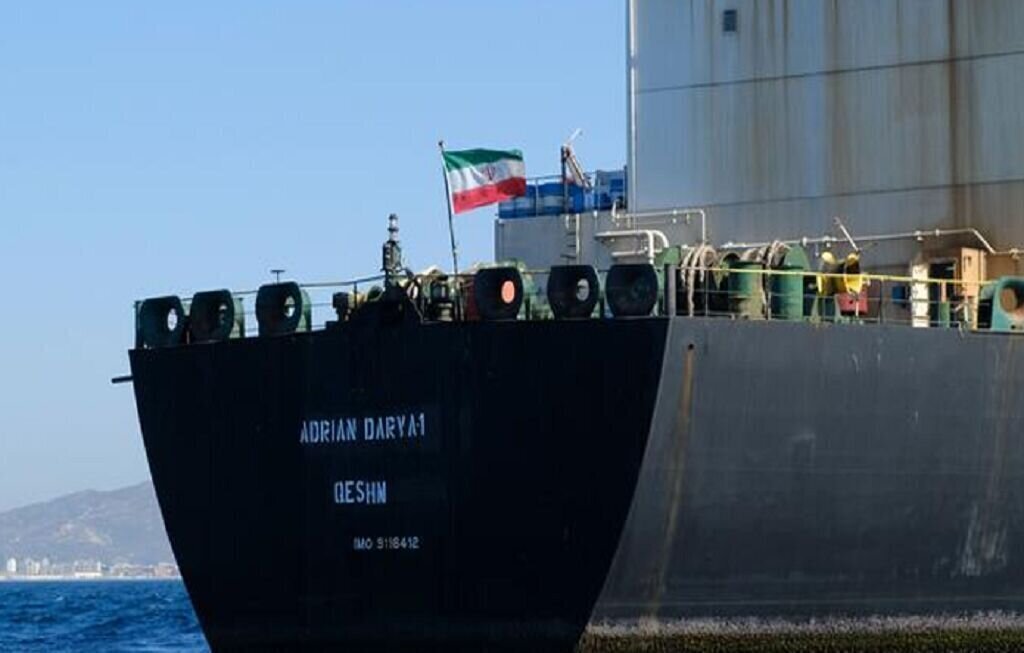Paknejad reports record growth in oil production, exports despite sanctions

TEHRAN – Iran’s Oil Minister Mohsen Paknejad announced a significant increase in daily oil production—by over 120,000 barrels per day—and said that crude oil exports have set records in recent months despite severe sanctions.
He asserted that the reactivation of the U.N. “snapback” mechanism would not impose stricter constraints than those already facing Iran.
Paknejad told Shana that these figures demonstrate that, in challenging conditions, Iran's oil sector continues to operate effectively and resiliently.
He noted that although the “snapback” could introduce new difficulties, Tehran is ready with countermeasures.
To strengthen performance, the minister said a high-level task force has been formed—comprising university experts, industry elites and oil engineers—to update technologies in Iran’s oil and gas fields and improve recovery rates.
He said that Iran’s current oil and gas recovery coefficients have room for improvement if modern techniques are deployed.
On the Pazan field discovery, he projected that, once developed, output could exceed 20 million cubic meters of gas per day, which would help buffer seasonal gas shortages during winter.
Paknejad also emphasized that some energy-intensive industries are investing in their own infrastructure: for example, a petrochemical conglomerate plans to produce gas for its own use and supply surpluses to the national grid.
He discussed efforts to reduce flaring of associated gas (gas produced alongside oil), explaining that in the short term, the private sector may capture this gas—sometimes offered at zero base price—and convert it into higher value products.
Long-term projects, such as new NGL (natural gas liquids) facilities, will also play a role in capturing these wasted resources.
Finally, he announced that due to measures taken by Iran’s petroleum products distribution and import management, the country has increased its stockpiles of gasoil (diesel) by 127 percent compared to the same period last year—ensuring a buffer for winter demand even if gas supply is constrained.
Base consumption and fuel imports have also been managed by reducing smuggling and optimizing internal output, helping reduce reliance on imports.
EF/MA
Leave a Comment